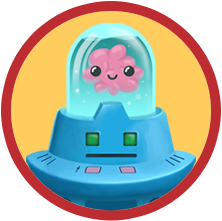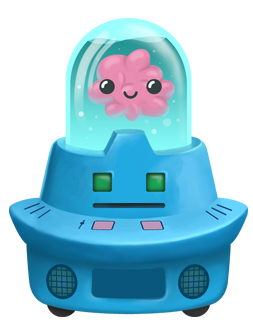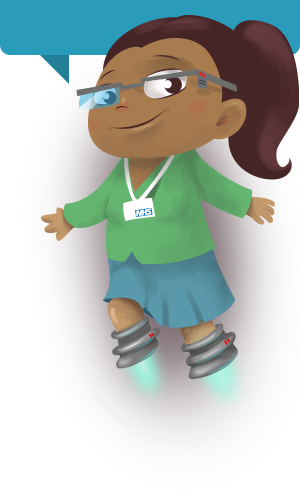

Diabetes 
Diabetes is a condition that affects over 20,000 children in the UK.
There are two types of diabetes – type 1 and type 2. Type 2 is usually found in adults, although some children and young people do have it. Type 1 is often known as ‘insulin-dependent’ diabetes. It usually starts between the ages of five to 12, but some children get it when they are very young and sometimes it starts in people over 12.
It is not known exactly what causes diabetes, but it is more common in people who have a close relative with it. Risk factors for type 2 diabetes include having a close relative with it, being overweight and being over 40.

 Dogs can get diabetes too!
Dogs can get diabetes too! Like a car needs fuel to give it the energy to keep working, our bodies need fuel too.We get the fuel from the food we eat when our bodies break it down into glucose (sugar) that is carried around in the blood to where it is needed. Insulin is the key that lets the glucose go through the cell walls into our cells to release energy.
Diabetes happens when the body does not produce enough or any insulin (a hormone produced in the pancreas) to control the amount of glucose in the blood. If there is not enough insulin, there can be lots of glucose travelling around in the blood. This means the cells in the body do not have enough energy to work well, which makes people feel tired and unwell.
What are the symptoms of diabetes?
You may feel more tired than usual and you may find that you are drinking a lot more than usual because you are thirsty. You may also find that you need to wee more, and may even lose weight. It is very important that you see your doctor if you are worried about any of these symptoms.
How is diabetes treated?
Type 1 diabetes is treated by insulin injections and you will need to learn to monitor your blood glucose levels.
If you have diabetes a special team of doctors, nurses and dieticians will work with you and your family so that you learn all about living with diabetes. You will need to see these people often and it is important that you attend your appointments.
There are various treatments for type 2 diabetes. These may include lifestyle changes such as eating healthily and increasing the amount of exercise. Tablets or injections may also be needed.
Diabetes and school
If you have diabetes, it is very important that you let staff in your school know. Your parents and your nurse will need to talk to staff to let them know how to help you.
Also:
- You will need to have your diabetes kit in school. Your nurse will explain what to keep in it.
- You will need to check your blood glucose levels in school.
- You may need to have snacks in class.
- You can take part in all school activities, including trips.
- A care plan will need completing by your diabetes doctor or nurse.
- If anything changes with your diabetes, you must let your school know.
Things that can help living with diabetes
- Letting your friends know that you have diabetes so that they can tell a trusted adult if you feel unwell.
- Making sure that you eat a healthy diet.
- Taking part in all school activities and keeping as active as possible.
Lots of children who have diabetes do exactly the same things as their friends – they go on trips and holidays, they stay over at a friend’s house and try all sorts of new activities.
Check out Diabetes.org.uk for more information!










